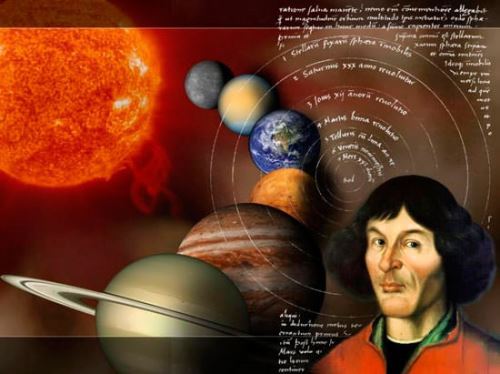Not Another Mistake!

Throughout the film we’re learning about Tristram’s life from the very start as a short comedy before his conception. Everything that occurred to him as a child was a mistake. During his parents’ sexual intercourse, the failure to rewind the clock chore before every sexual intercourse hints that his mother conceived him mistakenly. The rewinding of the clock to 12 every night connected with the sexual activity that drove both of Tristram’s parents making their sexual activity a lot more enjoyable. Forgetting to rewind the clock before his conception suggests that it was not meant to happen. Moreover, the mistake of being named Tristram, mistakenly circumcised after the window collapses on his closes shut on Tristram’s penis as he urinates out the window.
During Elizabeth’s birth labor, Walter insisted on having a doctor deliver the baby using a specific tool that he believed was the right path to delivering his son. He objected the idea of midwife delivering his baby. This holds true to the Cesar’s idea hence we learn that Walter is a philosopher that had high expectations of his unborn son. However, being delivered by doctor resulted in Tristram’s nose breaking. While his father looked upon it as a sign of being a successful person; it can be interpreted as another mistake or technically his second mistake. This proposes had the midwife deliver the baby, Tristram’s nose wouldn’t be broken. It also promotes the idea of his life being based off of a mistake. Or could it be looked upon as a sin from his early childhood. Thus, Julius’ argues that maybe had she had Elizabeth undergo a caesarean section this would had never happened.






 I got this picture from this site
I got this picture from this site 
 (https://www.wdl.org/en/item/14786/)
(https://www.wdl.org/en/item/14786/)
